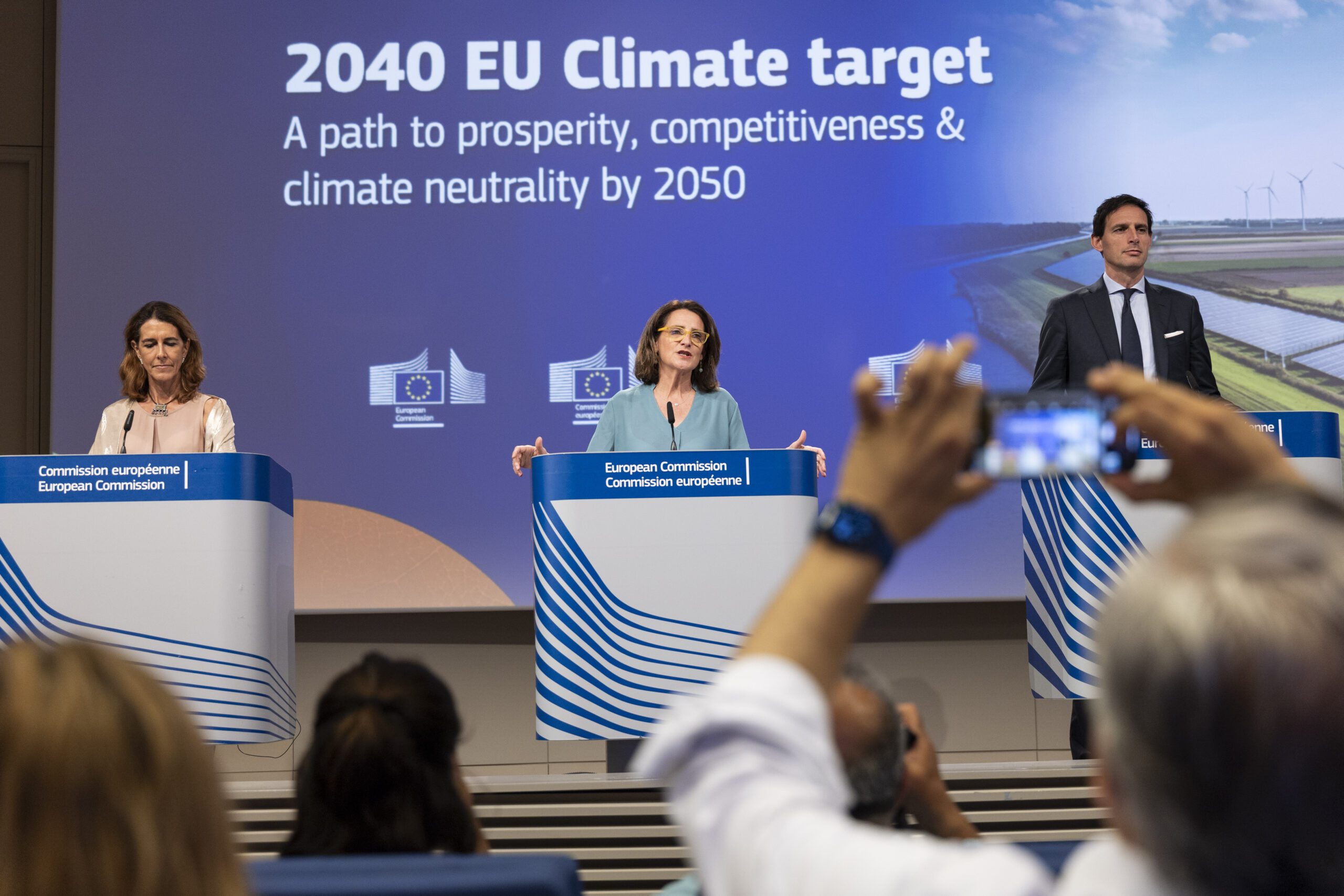- We’re in the ‘messy middle’ of the net-zero transition—decisive action is needed now.
- Accelerating decarbonization and renewable energy is crucial for meeting climate goals.
- Collaboration across sectors is essential to integrate nature, finance, and social impact into climate strategies.
Deepening Decarbonization
Decarbonization is the top priority to reverse the climate crisis’s critical momentum. Companies must develop clear transition plans and compelling narratives that demonstrate how they’ll deliver value and resilience through decarbonizing their businesses.
“Transition planning is not a disclosure exercise but an innovation challenge,” emphasizing the need for operational action across business, finance, government, and society.
Carbon Markets are vital for curbing residual emissions after companies have reduced what they can directly. Trust in these markets is being restored through rigorous verification and support from influential organizations like the U.S. government and the World Bank.
Energy Efficiency is an undervalued area offering cost-effective decarbonization measures. Surprisingly, only 13% of Fortune 500 companies have specific energy efficiency targets.
Accelerating Renewables
Demand for renewable energy is rising to power climate-critical technologies like AI and data centers. However, streamlined permitting, investment in grid infrastructure, clear regulatory frameworks, and public communication are required to make the energy transition feasible.
“Plenty of clean energy is ready to be deployed—but only if the tools to build and deliver it are put in motion.”
Change the World - Subscribe Now
Critical Minerals play a vital role but are in short supply. We need to produce as much copper in the next 20 years as has been mined in human history. Sustainable and just mining practices are essential to avoid new negative social and environmental impacts.
Community Engagement is crucial. Renewable development depends on societal consultation and acceptance. Companies must proactively assess and mitigate environmental and social downsides, ensuring stakeholder input and participation.
Enhancing Transition Finance
Vast public and private capital is required to accelerate low-carbon investments, but there’s a disconnect between companies and investors. Companies struggle with short-term investor expectations, while investors may not fully value sustainability risks and opportunities.
“As much as investors and investment approaches need to evolve, companies must better articulate the commercial value their decarbonization and broader sustainability strategies will deliver.”
Investor Shifts are promising. The Net Zero Asset Owner Alliance, representing $9.5 trillion in assets, has reduced financed emissions by 30% since 2018. To ramp up low-carbon investments, more entities must understand the costs of inaction.
Integrating Nature & Water
Protecting and restoring nature is essential to keep climate change within manageable levels. Climate scientist Johan Röckstrom highlighted that destroying nature shrinks our buffer against human-caused pollution.
“Nature-positive action will only succeed if done in close collaboration with local and Indigenous communities, respecting their rights and sharing benefits.”
Investment Disparities are stark. In 2023, $7 trillion flowed into activities with a net negative impact on nature, while only $200 billion went into nature-positive solutions. High-integrity natural climate solutions (NCS) need substantial investment.
Scaling Social Impact and Respecting Human Rights
Climate action requires social support—people elect leaders who formulate policies for decarbonization. The just transition has emerged as fundamental, requiring collaboration among companies, governments, and civil society.
“Climate transition plans must include social risks, impacts, and opportunities.”
New Initiatives like the Taskforce on Inequality & Financial Disclosures (TISFD) aim to standardize social impact metrics. The U.N. General Assembly’s adoption of the Pact for the Future emphasizes putting people at the center of climate action.
It’s time to step up.
Despite geopolitical events and ESG backlash, cooperation and acceleration toward a just, low-carbon world are more critical than ever. ERM was honored to be part of Climate Week NYC, contributing to the collective effort to make meaningful progress.
Related Article: Climate Week September 2024: Turning Up the Heat

 Follow SDG News on LinkedIn
Follow SDG News on LinkedIn











